2025-2026 Proposed Project Descriptions
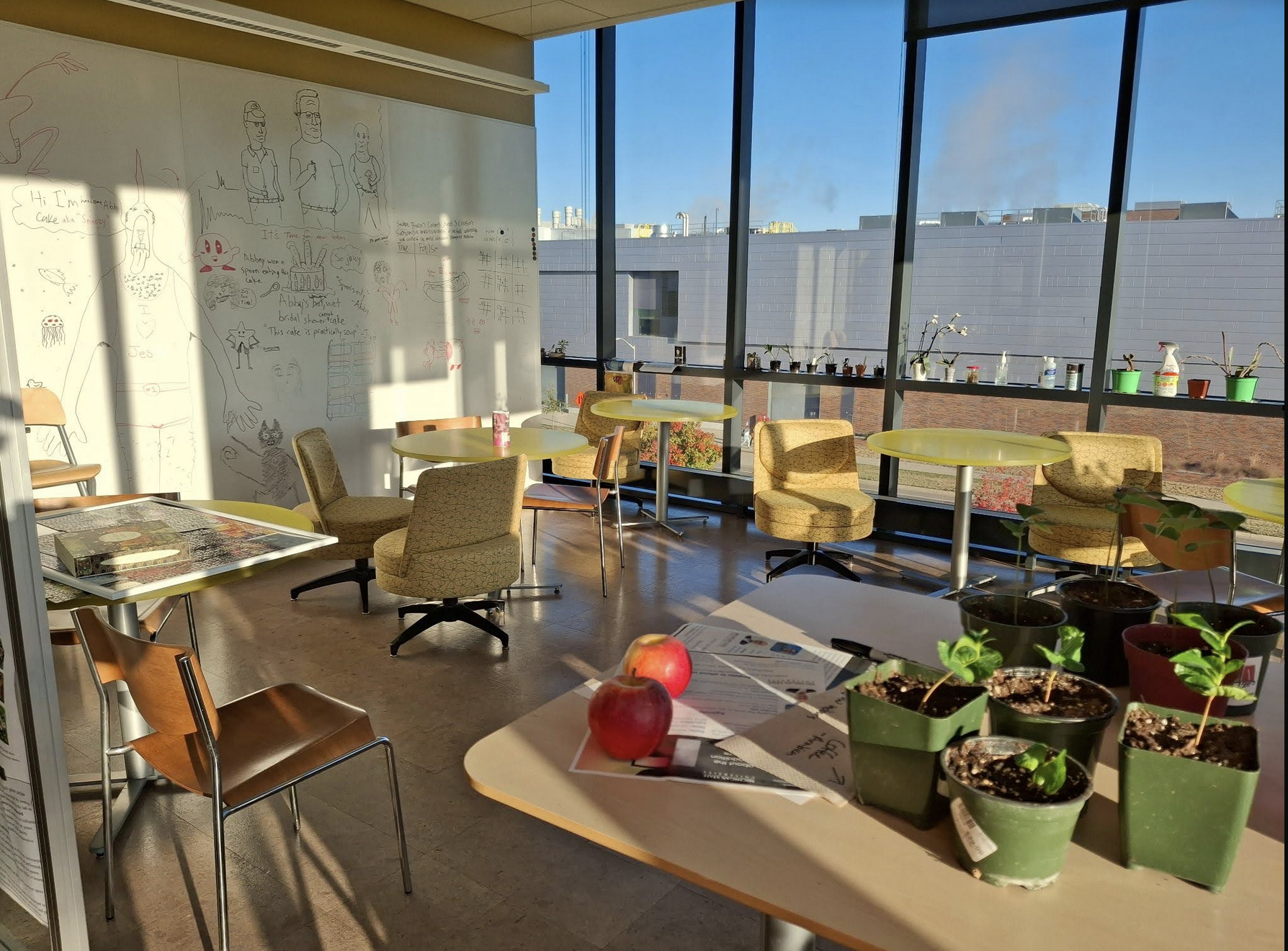
Title: Assessing the Long-Term Impacts of a Scientific Sites Project (Lab Ethnography) on Student Research Experiences
Mentor(s): Marisa Brandt
Description: Since 2016, the collaborative model of LB 133, the Science + Society first-year course design that I have taught with several other instructors has included a project called Scientific Sites. In this project, teams of students collaboratively study a laboratory or research group on campus in order to address the question, "How does this scientific site produce knowledge?" I would like to work with a Fellow to design and conduct a survey of past students—with perhaps an opportunity for follow-up focus groups—to assess the long-term impacts of this assignment on their interest, comfort, and overall success in participating in research as undergraduates, and potentially even graduate students. I am curious how the project may have impacted whether students' sought out research experiences during their time in MSU, their sense of preparedness for research if they did so, and their overall sense of empowerment in finding a research environment in which they could learn, grow, and thrive.
Skills the mentor(s) anticipate the Fellow might need: I would like to work with a Fellow who has experience with, or at least a strong interest in developing skills in survey and potentially focus group work to develop this project. Some familiarity with experiential learning and/or having students study professionals in their fields as part of learning would also be handy.
Preferred start date: Mid May 2025 or Mid August 2025
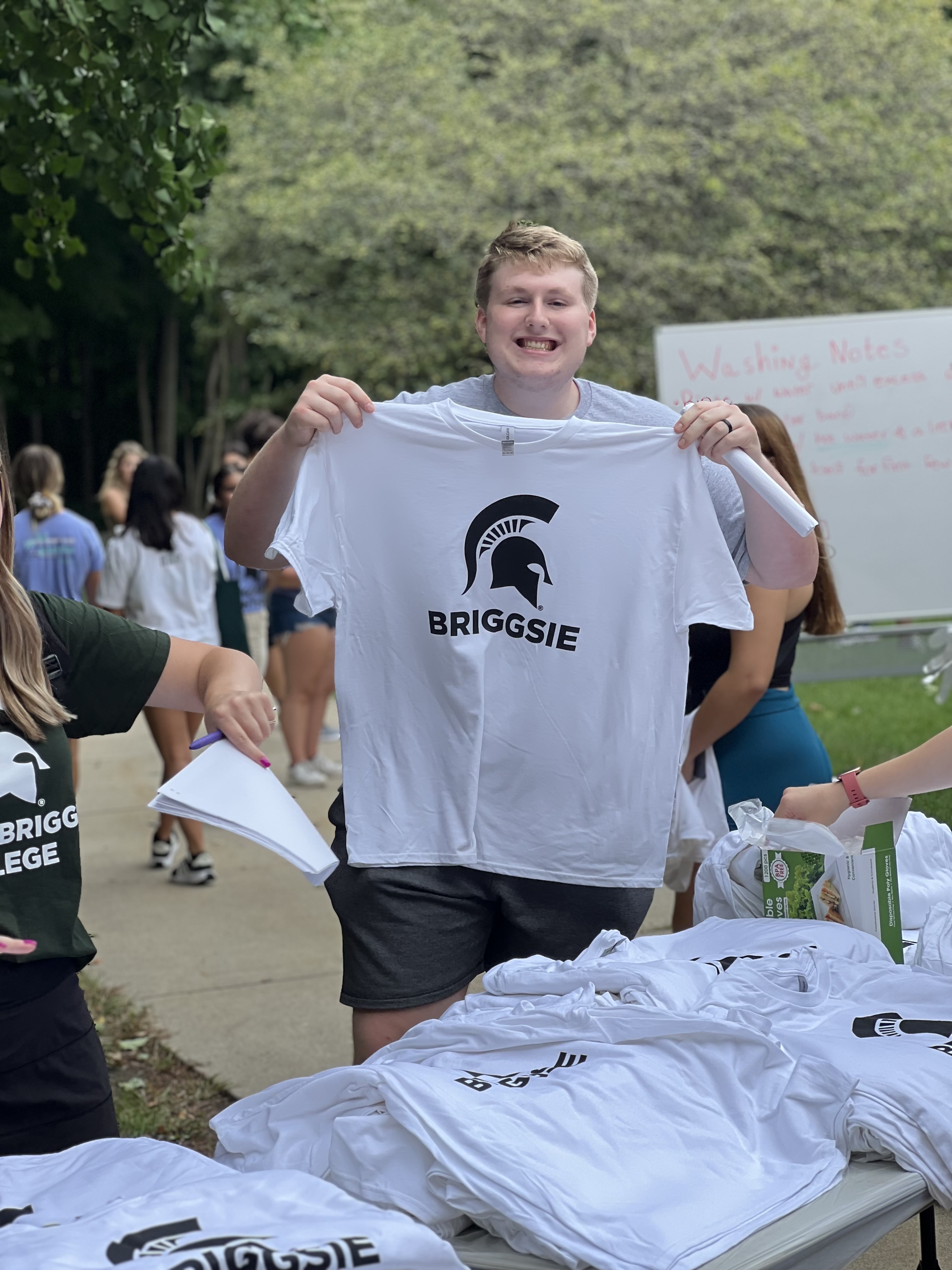
Title: LBC First-Year Experience: Peer- Facilitated First-Year Seminar
Mentor(s): Dominique Green
Description: Lyman Briggs College is piloting a student-led, peer-facilitated First-Year Seminar in Fall 2025. The seminar goal is to provide an engaging and supportive space for students to navigate their transition to and through the first year. Utilizing interactive activities through the lens of the eight dimensions of well-being, self-discovery, and community building. Guided by experienced peer mentors, students will develop essential skills such as time management, goal setting using SMART goals, and academic planning in collaboration with advisors. They will become experts on campus resources and build a strong foundation for their resume and cover letter through partnership with the LBC Career Team. Through engaging in discussions, self-reflection and collaborative learning, students will cultivate meaningful connections and gain practical tools for success. The seminar culminates in a group project where students share the most impactful resources and strategies that have supported their transition, reinforcing their learning and contributions to the Lyman Briggs community. To assess the seminar’s impact, evaluation efforts will focus on collecting and analyzing data on student experiences, learning outcomes, and overall program effectiveness. Surveys and other assessment tools will be developed to measure how well the seminar supports student success, with findings used to refine the program and guide its expansion from the 175-student pilot to over 600 students by Fall 2026.
Skills the mentor(s) anticipate the Fellow might need: We are seeking a Fellow with a strong interest in peer mentorship, student success initiatives, and educational assessment. Critical skills include data collection and analysis. Beneficial but not required skills include experience with survey tools (Qualtrics, Google Forms, etc.), basic statistical analysis, and familiarity with student development theories. While prior experience in assessment design is helpful, we are happy to provide mentorship in this process. Most importantly, we seek a Fellow who is collaborative, detail-oriented, and passionate about supporting first-year student success.
Preferred start date: Mid May 2025

Title: Expanding ACCESS to teaching teams
Mentor(s): Rachel A Barnard & Shahnaz Masani
Description: Despite the many systemic barriers that exist, STEM faculty often fail to recognize structural inequities, instead perpetuating race-evasive narratives that inaccurately attribute disparities to individual student characteristics (Russo-Tait, 2022). Undergraduates also hold similar race-evasive beliefs, and those that do are less likely to identify or challenge racial microaggressions. Learning Assistants (LAs) are near-peer educators, bridging hierarchies between students and instructors. Yet, LAs often do not receive sustained training on equitable teaching, and little is known about how they understand or enact equity (Barron et al., 2021). Further, we have found that without explicit training, LAs can engage in the same harmful, dominant narratives that perpetuate racial inequities. For the last two years, we have run a cohort-program concurrent with ULA experience called ACCESS (Advancing ULA critical consciousness for equitable leadership and student success). The ACCESS fellowship introduces LAs to Critical frameworks, bridging theory and practice to develop their “racial noticing lens”. Through this, we have found shifts in LAs’ ability to recognize and challenge dominant racial narratives. However, noticing and challenging inequities, as with any learning is a socio-cultural process- this means that when the learning (the fellowship) is separated from the doing (the classroom and disciplinary teaching team) it poses a major barrier to enacting equity and justice. Thus, through this SUTL project, the graduate fellow will work with faculty and the ACCESS fellows to co-develop short modules and activities. Fellows will lead these activities at weekly teaching team meetings, thus bringing their learning from the fellowship into their disciplinary teaching spaces and shifting the culture of the team to develop their structural noticing lens. Further, the SUTL fellow will help design and implement an assessment plan to better to assess the impacts of this experience on the ACCESS fellows and the teaching teams, as well as to identify the affordances and challenges of bringing in Critical pedagogy into a STEM higher education space through a ground-up approach, where the undergraduate fellows are positioned experts that lead teams of faculty, graduate students, and other undergraduate LAs.
Skills the mentor(s) anticipate the Fellow might need: The fellow will need to come with an understanding of the socio-historical role of race in the United States, as well as the racial structures that continue to allocate resources differently on the basis of race. This could include knowledge of Racial and Race-Evasive discourses, Critical pedagogical frameworks etc. Additionally, knowledge of qualitative research methodologies including interview design, conducting and analyzing interviews etc. is desired
Preferred start date: Mid May 2025

Title: Concepts in Science and Society: A Pilot Introductory Course Review
Mentor(s): Andrea Kelley
Description: Lyman Briggs College is shaping the future of its Science and Society curriculum, and this project offers a unique opportunity to be part of that work. LB2XX: Concepts in Science and Society is an online, asynchronous, 2-credit pilot course introducing students to the arts, humanities, and social sciences in the context of Science and Society. Currently in its first pilot semester, the course will expand from 9 to 30 students in SS26. The Fellow will play a key role in evaluating student experiences through post-semester focus groups, refining and scaling the course, and analyzing data to inform future development. With access to the LBC Qualitative Research Lab and its resources the Fellow will gain hands-on experience in qualitative research, curriculum development, and educational assessment.
Skills the mentor(s) anticipate the Fellow might need: I am seeking a Fellow with previous experience in qualitative data collection and analysis. I would prefer some previous experience using NVivo software and/or facilitating focus groups. The Fellow should have interests in justice-centered pedagogy, alternative assessment techniques, and interdisciplinarity.
Preferred start date: Mid May 2025
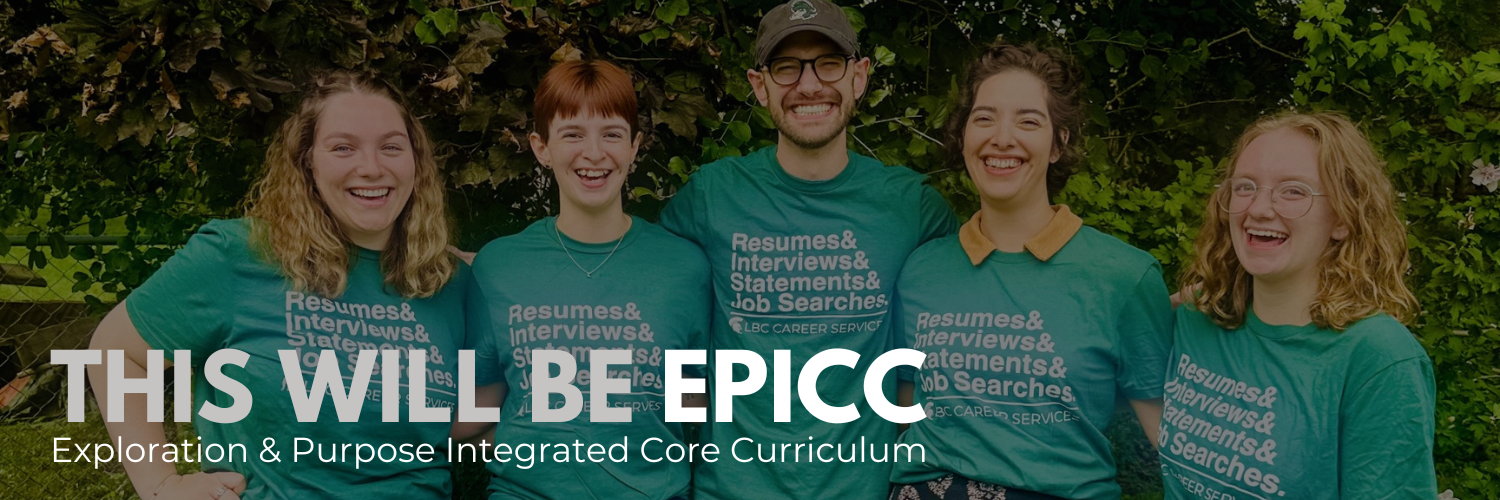
Title: EPICC (Exploration & Purpose Integrated Core Curriculum) Graduate Fellowship Program
Mentor(s): Krysta Foster & Shahnaz Masani
Description: In an effort to build on progress made in incorporating career exploration and skill development, LBC's EPICC (Exploration & Purpose Integrated Core Curriculum) graduate participants will help the LBC Career team to expand our reach for career education, educate and empower our undergraduate students, and provide meaningful learning and working experiences for graduate students. EPICC grads will help with the delivery and assessment of career education interventions in undergraduate courses at Lyman Briggs College, including LB144 and the new First Year Seminar course, as well as the development of other career curriculum in collaboration with LBC faculty (early ideas and interest include LB492 courses, Physics, etc.). We will continue to assess the impact of our work in both courses on self-efficacy, STEM career identity and belonging, and eventually hope to assess the long-term impacts of these interventions on student success (retention, persistence) and post-graduation outcomes.
Skills the mentor(s) anticipate the Fellow might need: Students working with the EPICC program should possess the ability to present material in a clear, concise, and energetic manner; we will provide training especially around the specific content topics. Furthermore, students should possess an interest in teaching and be committed to creating an equitable learning experience for all undergraduate students. Quantitative and qualitative data analysis and coding skills preferred but not required.
Preferred start date: Mid May 2025 or Mid August 2025
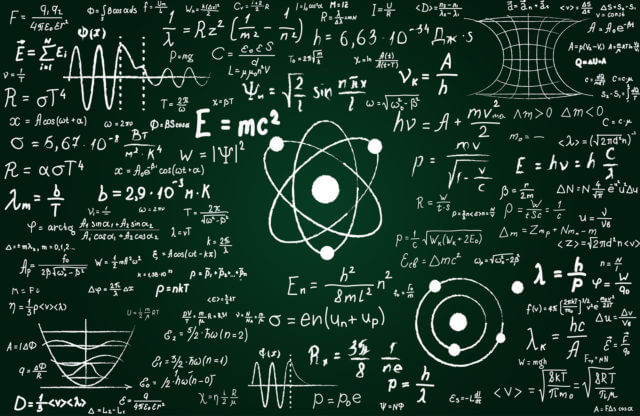
Title: Leveraging Students' Cultural Resources to Engage with Physics: Developing Culturally Responsive Curricular Materials
Mentor(s): Clausell Mathis
Description: This project focuses on developing, implementing, and assessing culturally responsive curricular materials in undergraduate physics courses at MSU. Recognizing that traditional physics instruction often excludes students' cultural backgrounds and lived experiences, this project seeks to design lessons and assessments that integrate students’ cultural resources as assets for learning. Using a design-based research approach, we will co-develop instructional materials with faculty and students, investigate how these materials influence student engagement and understanding, and refine them iteratively based on classroom data. The Fellow will assist in curriculum development, classroom observations, qualitative data collection (focus groups), and analyzing students’ responses to culturally situated physics tasks. This project will contribute to broader efforts in physics education reform by making physics more inclusive and relevant to diverse student populations.
Skills the mentor(s) anticipate the Fellow might need: Critical Skills (must have or be willing to develop quickly): interest in physics education and culturally responsive teaching, willingness to engage with qualitative research methods (thematic analysis), strong writing and communication skills for developing instructional materials. Beneficial Skills (helpful but not required): background in physics or physics education research, experience with curriculum design or instructional material development, familiarity with equity and inclusion frameworks in STEM education, basic coding skills for qualitative data analysis (e.g., NVivo, Dedoose)
Preferred start date: Mid May 2025
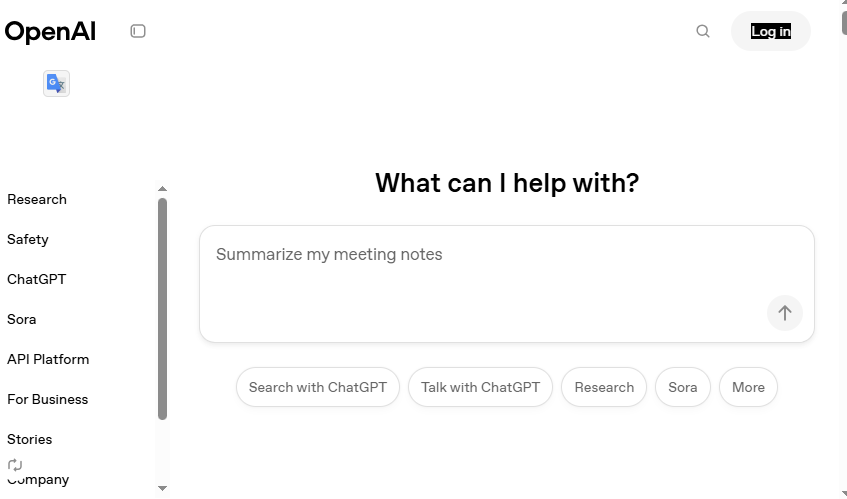
Title: Developing instructional strategies to deepen undergraduate learning in the age of generative AI
Mentor(s): Michele Jackson
Description: Higher education is of two minds when it comes to generative AI. One the one hand, genAI demonstrates astounding capabilities that offer tremendous potential for research and scholarship. On the other hand, these capabilities confront some fundamental assumptions and precepts about how we teach and how students learn. The most common instructional response to this point has been to try to contain or control student use of the technology. This project takes a different tack and accepts generative AI as a part of today's instructional environment. Instead of focusing on containing it to preserve traditional methods, we will focus on what practices students need to use in order to learn in this new era and how instructional strategies can support those new practices. The answers are not clear, and made more difficult by the rapid evolution of generative AI capabilities and by the "learning" nature of the machine learning itself. This makes it an interesting and engaging area for research. This project is part of a larger ongoing research program that is exploring the uses and impacts of generative AI on teaching and learning in higher education. We will focus specifically on exploring how to help undergraduate students (1) engage in deeper content learning, (2) strengthen their capabilities for self-regulated learning, and (3) identify and support their personal learning goals (selfish learning). Working collaboratively with undergraduate students and instructional design professionals, we will develop and iteratively refine a set of strategies during two sections of LB492 in the Fall term. We will pilot the strategies with student participants in the Spring and assess their efficacy using multiple analytic research methods (e.g., content analysis, interviews, observation). We will also create guidebooks for instructors and/or students and disseminate as open educational resources.
Skills the mentor(s) anticipate the Fellow might need: This opportunity does not require specific disciplinary knowledge or advanced technical expertise, but the fellow should (1) have experience collecting and/or analyzing empirical data using social scientific methods, (2) have basic understanding of generative AI terminology (e.g., LLMs, prompting, tokens) and applications (e.g. chatGPT, Copilot, Claude), (3) be comfortable communicating and contributing in group contexts, and (4) enjoy thinking imaginatively and from new perspectives. Must be available on most Mondays and/or Wednesdays during the Fall 2025 term, from 3:00-6:00 p.m., to collaborate with undergraduate student researchers.
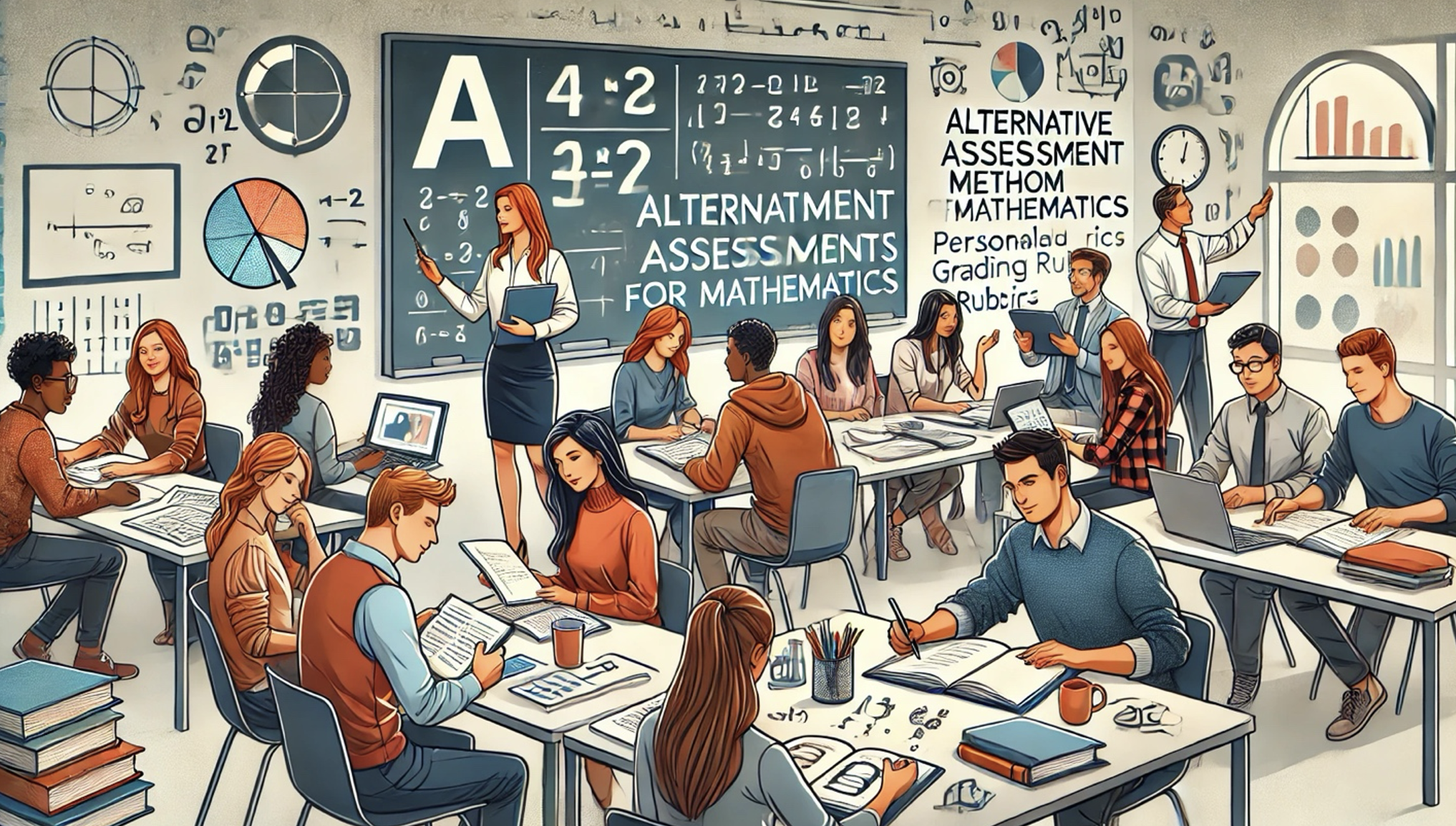
Title: Students’ Experiences with Alternate Assessments in Lyman Briggs’ Mathematics Courses
Mentor(s): Kristen Vroom, Taylor McNeill & Chuck Fessler
Description: Traditional assessments in undergraduate mathematics courses, such as timed, high-stakes exams, can contribute to student anxiety, provide an incomplete picture of student understanding, and communicate inauthentic views of the mathematics discipline. Additionally, they perpetuate inequities, particularly for students from marginalized groups. In response, educators in Lyman Briggs mathematics courses are implementing alternative assessment strategies—such as standards-based grading, portfolios, and projects—to create more equitable and meaningful opportunities for students to showcase their learning. This project is a collaborative action research study in which we will investigate and refine these alternative assessment strategies through an iterative process of implementation, data collection, and reflection. By examining students’ experiences with these assessments, we aim to better understand their impact on perceived learning, engagement, and sense of belonging. The Fellow will be a key contributor to this process by assisting with qualitative data collection and analysis, including designing and conducting student interviews/focus groups. The insights gained from this work will inform ongoing efforts to reimagine more equitable assessment practices in undergraduate mathematics education.
Skills the mentor(s) anticipate the Fellow might need: We are seeking a graduate fellow with experience in or interests in learning about qualitative analysis, including designing student interview/focus group protocols, conducting interviews/focus groups, and analyzing data to identify key themes. Experience with calculus and pre-calculus content is preferred, but not required.
Preferred start date: Mid May 2025

Title: Computational Modelling and Covariational Thinking
Mentor(s): Kirtimaan Mohan
Description: Covariational reasoning (Carlson 2002) is the cognitive process of understanding how changes in one quantity relate to changes in another. It involves recognizing and interpreting the dynamic relationships between variables, such as how the speed of an object changes over time. This type of reasoning is crucial in building an understanding of physics, as it enables learners to better analyze and model real-world phenomena. Computational thinking (Weller 2021) in physics involves using problem-solving techniques that leverage computer science principles to understand and analyze physical phenomena. By applying computational thinking, students can create models and simulations that help in understanding physical phenomena such as motion. In this exploratory study, we aim to investigate the interconnectedness of covariational reasoning and computational thinking in a physics learning environment. Specifically, we will evaluate whether certain computational modeling activities used in an introductory physics for life science curriculum contribute to the development of covariational reasoning skills. We will collect both qualitative data (through interviews and observations) and quantitative data (through surveys and assessments) to evaluate the effectiveness of these activities and assignments. This study has the potential to inform instructional practices and enhance the integration of computational modeling in physics education.
References
Carlson, M., Jacobs, S., Coe, E., Larsen, S., & Hsu, E. (2002). Applying covariational reasoning while modeling dynamic events: A framework and a study. Journal for research in mathematics education, 33(5), 352-378.
Weller, D. P., Bott, T. E., Caballero, M. D., & Irving, P. W. (2021). Developing a learning goal framework for computational thinking in computationally integrated physics classrooms. arXiv preprint arXiv:2105.07981.
Sabo, H. C., Odden, T. O. B., & Caballero, M. D. (2023). How do we assess computation in physics?. arXiv preprint arXiv:2308.15983.
Skills the mentor(s) anticipate the Fellow might need: Interest in understanding how students think, reason and learn is essential. The following are some skills that are preferred, but not necessary. I will help the Fellow help learn skills that they are not familiar with including: basic understanding or familiarity with some of physics, especially with motion and forces, familiarity with computational modelling, familiarity with python programming language, experience designing and conducting interviews, surveying and summarizing relevant literature, experience with qualitative data collection and analysis.
Preferred start date: Mid May 2025 or Mid August 2025


